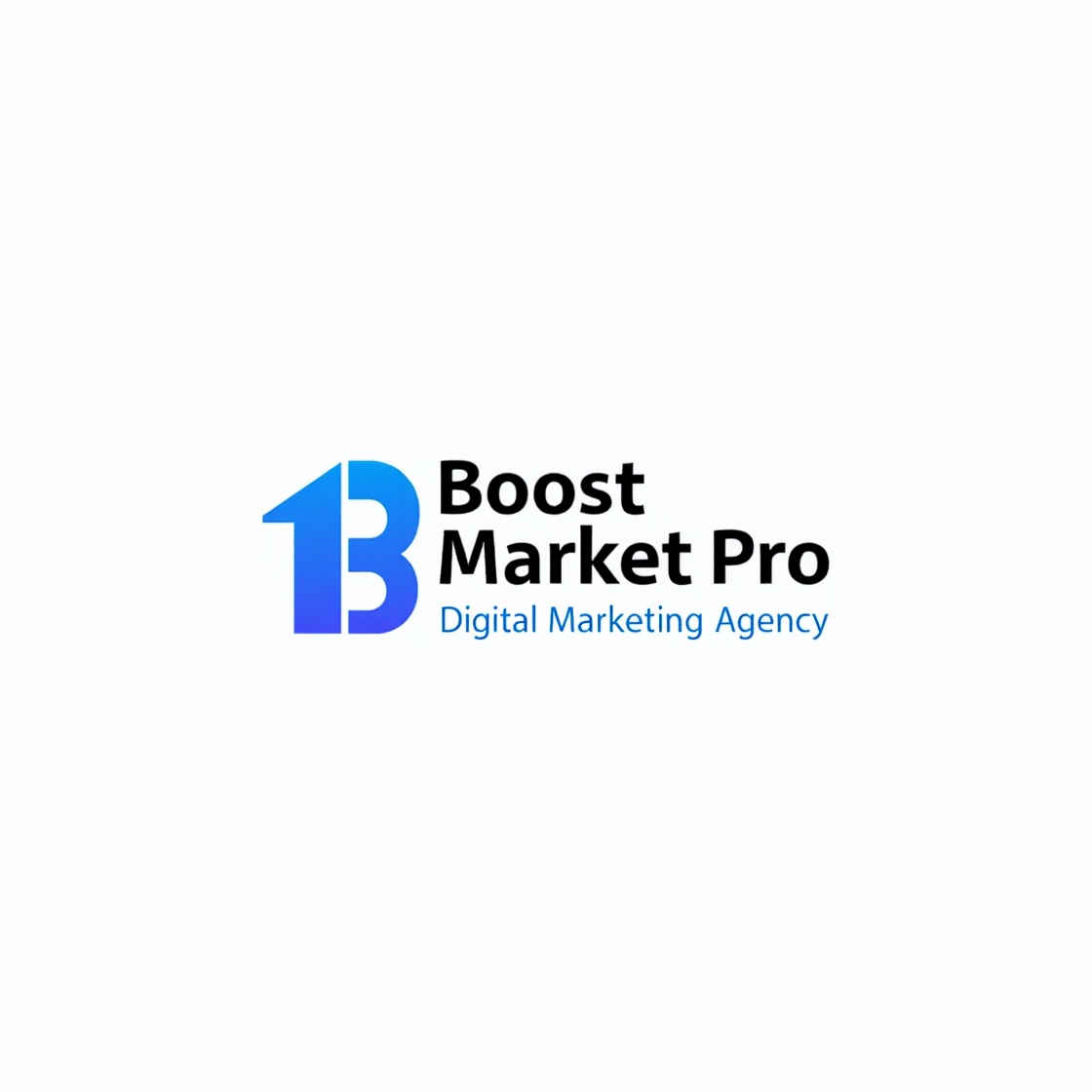Digital marketing is incredibly important for businesses in today’s digital age. It offers numerous advantages over traditional marketing methods, allowing companies to reach broader audiences, track performance, and scale more effectively. Here are several reasons why digital marketing is essential for business growth and success:
1. Broader Coverage and Global Footprint
Access to a Global Market: In contrast to conventional marketing, which may be geographically constrained, digital marketing enables businesses to access a global market. Through online platforms such as social media, search engines, and email, a business can reach potential customers across the globe.
24/7 Availability:
The internet never sleeps, meaning your business can be accessible to customers around the clock, offering greater flexibility and increasing opportunities for conversions.

2. CostEffective
Affordable Campaigns: Compared to traditional marketing methods (like TV or print ads), digital marketing campaigns are often more affordable. For instance, social media ads or email marketing campaigns can be run with smaller budgets, allowing even small businesses to compete.
Better ROI (Return on Investment): With digital marketing, businesses can track the effectiveness of their campaigns in real time, ensuring their money is spent wisely. Unlike traditional advertising, which can be hard to measure, digital marketing offers precise metrics and data to measure ROI.https://boostmarketpro.com/
3. Targeted Marketing
Precise Audience Targeting: Digital marketing allows businesses to target specific demographics, including age, gender, location, interests, and behaviors. This precision ensures marketing efforts are focused on the most relevant audience, increasing the likelihood of conversions.thedigileap
Retargeting and Personalization: Tools like cookies and data tracking enable businesses to retarget users who have previously interacted with their website or ads, personalizing future marketing efforts and keeping the brand topofmind.
4. Improved Customer Engagement
TwoWay Communication: Social media and digital platforms enable businesses to engage directly with their customers. This facilitates realtime feedback, customer support, and relationshipbuilding, improving customer loyalty and satisfaction.
Interactive Content: Through quizzes, polls, comments, and live streams, businesses can create interactive content that keeps audiences engaged and invested in their brand.
5. RealTime Performance Tracking and Analytics
DataDriven Decisions: One of the most powerful aspects of digital marketing is the ability to track the performance of campaigns in real time. Using tools like Google Analytics, businesses can monitor metrics such as website traffic, conversions, and user behavior to make datadriven decisions.
Continuous Optimization: Businesses can quickly adjust their strategies based on performance data, allowing for more agile and efficient marketing efforts. For example, if a certain ad isn’t performing well, it can be tweaked or paused almost instantly.
6. Brand Building and Reputation Management
Building Brand Awareness: Digital marketing helps businesses build and increase brand visibility across multiple platforms. By consistently sharing valuable content and engaging with customers, businesses can establish a strong digital presence and brand identity.
Managing Online Reputation: Through digital channels, businesses can respond to reviews, comments, and concerns from customers, helping to shape and manage their online reputation. Addressing issues promptly can lead to improved customer trust and loyalty.
7. Increased Conversion Rates
Optimized for Conversions: Digital marketing strategies like landing pages, email marketing, and paid search campaigns are designed with conversions in mind. By optimizing these strategies for ease of use, businesses can guide users toward taking specific actions (e.g., making a purchase, signing up for a newsletter).
A/B Testing: Digital marketers can run A/B tests on various aspects of their campaigns—such as headlines, CTAs (calls to action), or design elements—to determine which version is more effective at converting visitors into customers.
8. Higher Customer Insights
Understanding Customer Behavior: Digital marketing tools provide businesses with valuable insights into customer behavior, preferences, and buying patterns. This data helps businesses refine their offerings and provide more personalized services.
Market Segmentation: With the data collected, businesses can segment their audience into specific categories, ensuring they deliver tailored messages and offers to each group for maximum impact.
9. Competitive Advantage
Leveling the Playing Field: Digital marketing allows businesses of all sizes to compete on a more equal footing. Smaller businesses can leverage SEO, social media, and email marketing to gain visibility and reach potential customers, often at a lower cost than larger competitors using traditional advertising methods.
Adapting to Trends: Businesses that embrace digital marketing are better positioned to adapt to trends and innovations in the marketplace, keeping them relevant in the eyes of their customers.
10. Building Trust and Credibility
Social Proof: Digital marketing provides a platform for customers to share their experiences, reviews, and testimonials. Positive reviews and wordofmouth referrals can significantly build trust and credibility for a business.
Transparency and Engagement: Engaging with customers on social media, responding to their queries, and showcasing the human side of a business can make a brand feel more approachable and trustworthy.
11. Increased Customer Loyalty
Ongoing Engagement: Through email marketing, social media, and loyalty programs, businesses can maintain ongoing relationships with customers, offering them special deals or information that keeps them coming back.
Personalized Experience: Personalizing marketing messages and offers based on previous interactions or preferences creates a more engaging and satisfying experience, which can help foster longterm loyalty.
12. Access to Innovative Tools and Technologies
Marketing Automation: Tools like HubSpot, Marketo, and Mailchimp enable businesses to automate marketing tasks like email campaigns, social media posts, and lead nurturing, saving time and ensuring consistency.
AI and Chatbots: Artificial intelligence and chatbots are increasingly used in digital marketing for automated customer service and personalized interactions. These tools help businesses respond quickly to customer queries and provide seamless customer experiences.
In Conclusion:
Digital marketing is vital for businesses because it helps them reach a larger, more targeted audience, operate more costeffectively, and build stronger relationships with customers. It also offers realtime data and insights, allowing businesses to continually improve their marketing strategies and maximize their return on investment. By leveraging the power of digital channels, businesses can stay competitive, increase brand visibility, and ultimately grow and thrive in the modern digital landscape.
